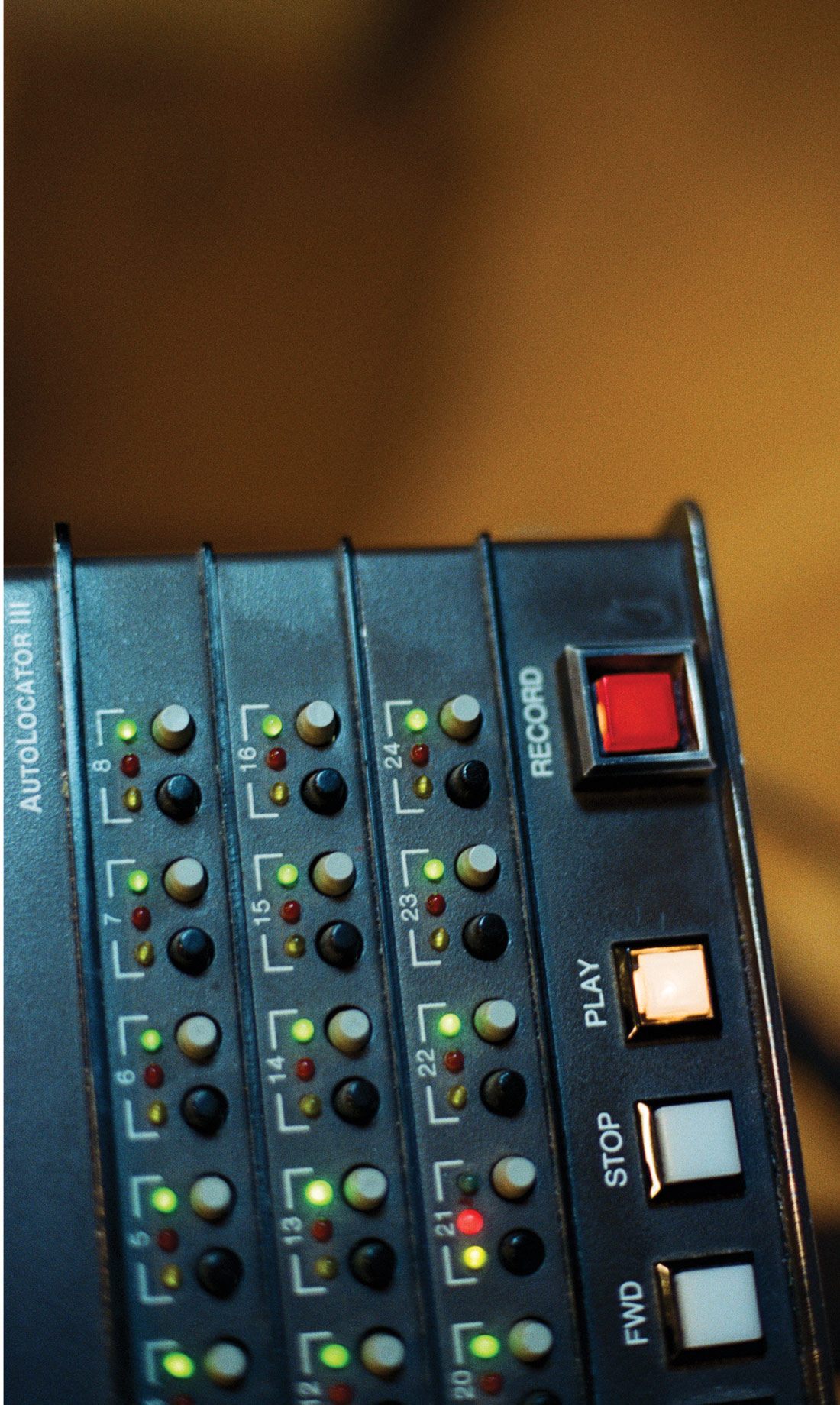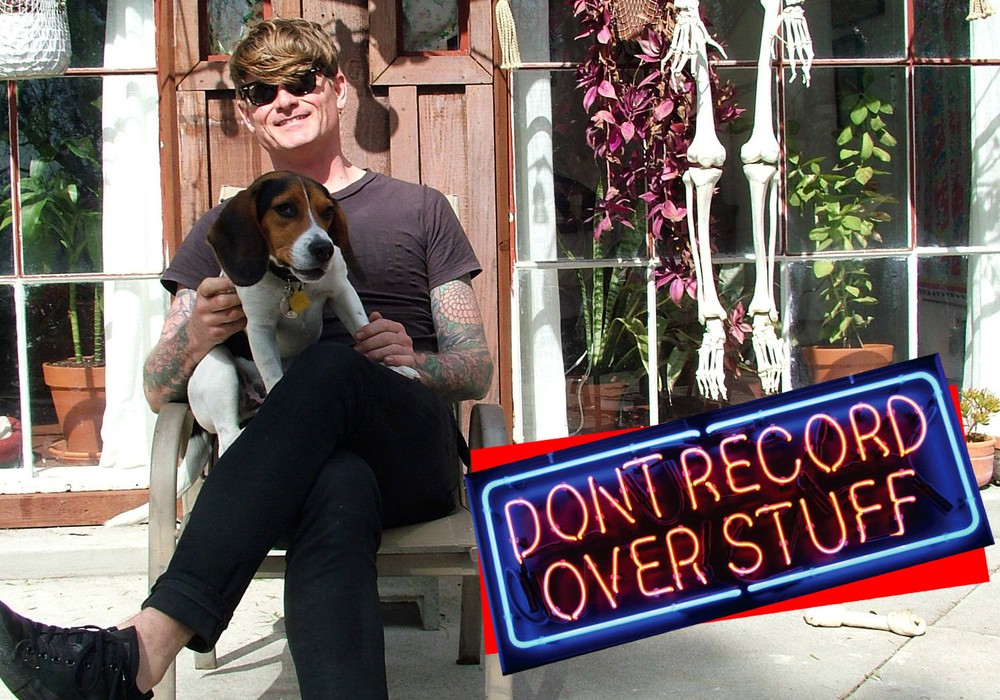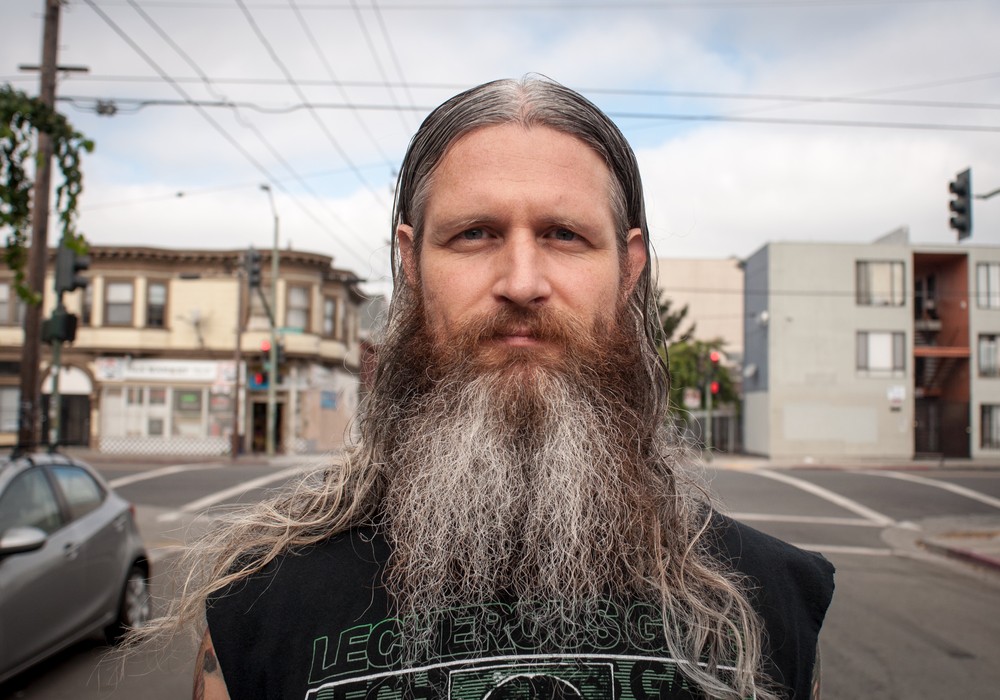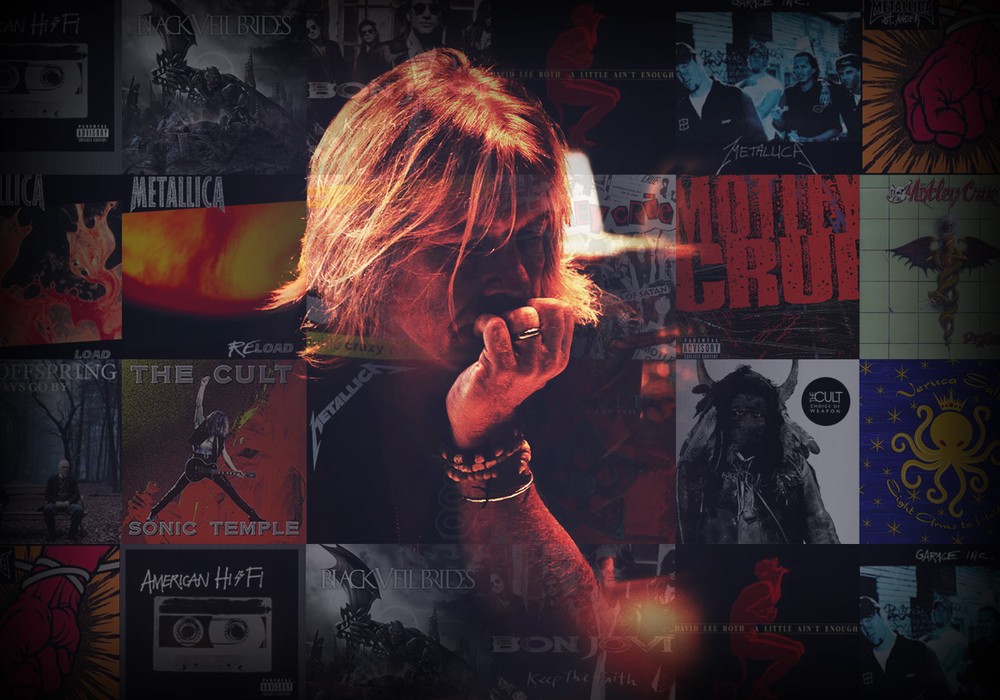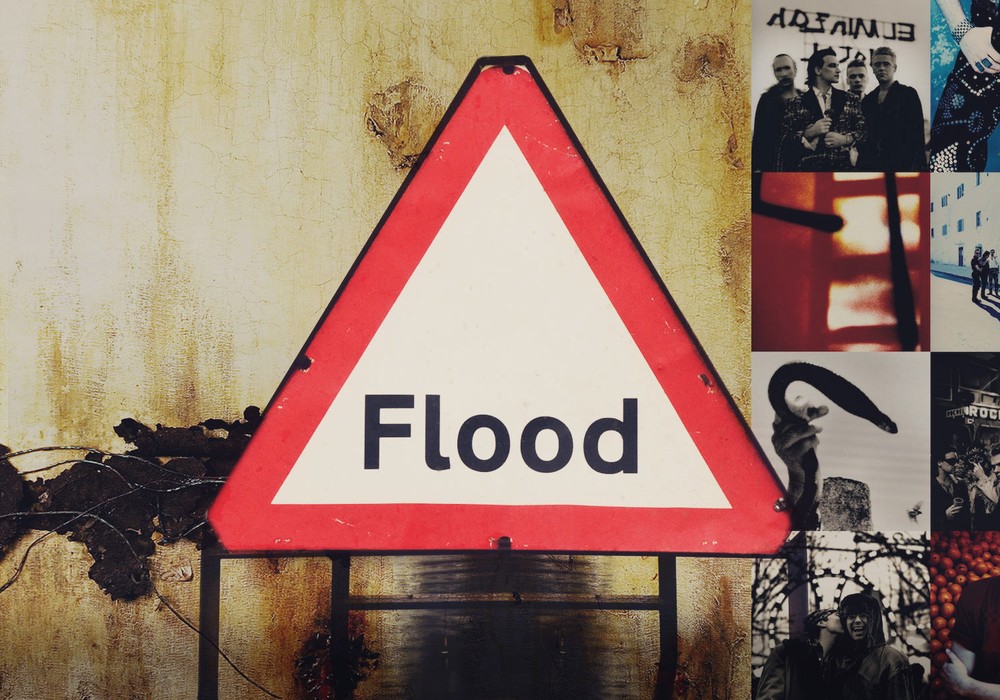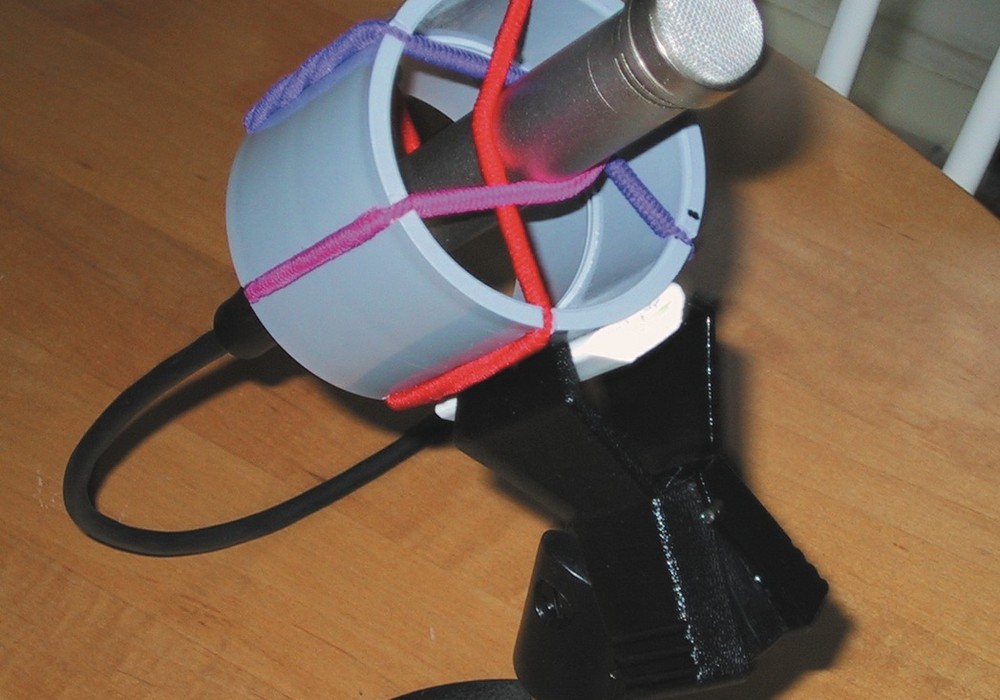When I got the offer to interview Ben Allen I was a little confused at first. I had enjoyed his work with Gnarls Barkley and Animal Collective, but Puff Daddy and the Bad Boy empire? Christina Aguilera? I was an analog purist, and that pop stuff just screamed, "Pro Tools!" I was initially more excited to visit Mission Sound, where we met in Brooklyn, than I was to talk to this guy who had become so successful working with the digital format and Top 20 radio. I arrived at the interview feeling a touch standoffish — what the hell were we going to talk about? The first thing Ben did when we sat down was compliment me on my worn-out leather Vans, setting the tone for his generous nature and supportive attitude. As the interview went on, I was struck by his true enthusiasm for music, and his genuine hospitality towards me. He so gently dismantled my own arrogant thinking, that not only did I buy my first Pro Tools set up shortly after our visit, but I also hand wrote a letter to Tchad Blake! Ben's words have continued to resonate with me for weeks after our interview. He reminded me not to judge a book by its cover, and to remember that in the end, it really is about the song...
Tell me a little bit about where you started.
I grew up in Athens, Georgia. I heard Jimmy Page and I realized that he knew how to record, so I wanted to learn how to do that. I borrowed some money from my parents and I bought a Fostex 1/4 inch 8-track, an ART 16-channel mixer, a Digitech effects unit and my master recorder was a VCR. I would record mine and my friends' bands in my parents' basement. My band put out cassettes in high school with artwork and everything. Later I was going to college in Boston, but I dropped out. I had some friends in [Albuquerque] New Mexico that were building a studio — ThunderBird Recording — and they called me and asked me to come out and help them build and then assist the engineer. I learned under this guy named Scott Jarrett, who was the first guy I hung out with that really knew what he was doing. He was super organic — it was all about the musicians, tape and nothing digital. He made a suggestion — "Look at the records you like, and find out what studio they're made in." I was listening to all this hip-hop music at the time — A Tribe Called Quest, The Pharcyde and The Roots. They were all made in New York. I found out about ten studios and called them for weeks. I interviewed for internships at Sony, Hit Factory, Quad, Platinum Island, Battery and Chung King, and I ended up getting a paid internship at Battery with minimum wage and benefits, plus time and a half! It was peanuts, but I could basically work a hundred hours a week and pay my expenses as a glorified runner. After a year I left and went to The Cutting Room. I worked for this up-and-coming producer, Mike Mangini. He had done Digable Planets and a bunch of pop stuff. But they owed me money and weren't able to pay me, so I basically just quit on the spot. The very next day, a friend of mine called and said, "Hey, I'm in the Bahamas with Puff Daddy and we need assistants." The next day I was in the Bahamas! Puff Daddy had rented two rooms at Compass Point and two rooms in an apartment building across the street. He had this grand idea to get all the hottest hip-hop producers to come in and make all these tracks. I was one of three assistants and there were six or seven engineers. There were sessions 24 hours a day for three weeks. They were running producers in eight hour shifts, making all these tracks for Bad Boy Records. At the end we had about 300 tracks! Then I came back to New York with that camp and stayed with them for a few years — first as an assistant, then as an engineer. And that was one of the first projects to use Pro Tools to record. Michael Patterson, Tony Maserati, Paul Logus and "Prince Charles" Alexander were the guys who started using Pro Tools that way, so it was great to be on the cutting edge of that. I borrowed some money and bought a Pro Tools system, which I installed in one of Puffy's studios, and I started a little gear rental company, which was cushioning my income. Then I started freelancing out of the Pro Tools room for about a year or so. I didn't have any employees, but I had this Pro Tools rig. People would use Puffy's studio and have to write me a check. It was really convenient!
Why did you go to Atlanta?
My lifestyle caught up with me. I was young, making a lot of money and got myself into some trouble. I needed a break, so I went to Atlanta and hooked up with Monica Tannian, who has a consulting company called Milk Money — managing producers and engineers in Atlanta. She hooked me up with Cee-Lo [Green, of Goodie Mob and Gnarls Barkley], and we really hit it off. I had musical sensibilities that he was really psyched about, and I was excited because he was sort of...
